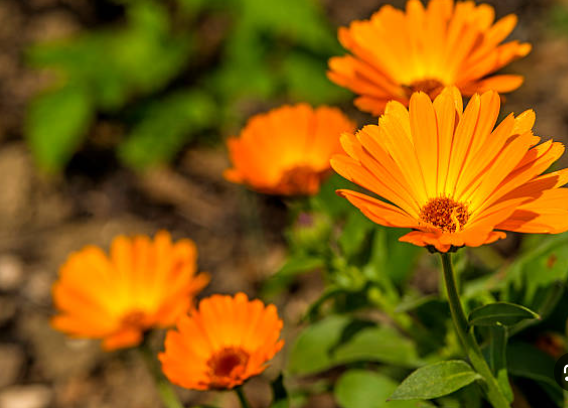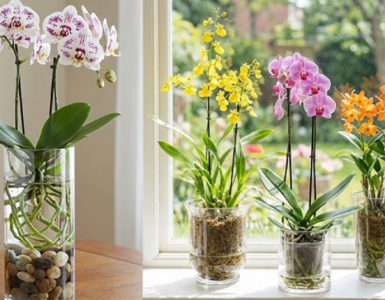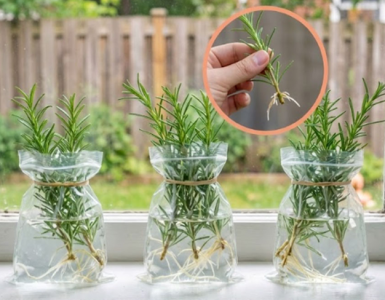Calendula officinalis, commonly known as pot marigold, is more than just a cheerful orange-yellow flower in the garden. Revered since ancient times, this plant is prized for its anti-inflammatory, antimicrobial, and wound-healing properties. From homemade salves to soothing teas, calendula is one of the most versatile medicinal herbs you can grow or buy.
Top Benefits of Calendula officinalis
1.Accelerates Wound Healing
Speeds up the recovery of cuts, scrapes, insect bites, and minor burns.
Promotes tissue regeneration and reduces the risk of infection.
Ideal for first aid salves, ointments, and healing creams.
2.Soothes Inflammatory Skin Conditions
Calms eczema, psoriasis, dermatitis, and diaper rash.
Reduces redness, itching, and inflammation.
Safe for sensitive skin and babies.
3.Powerful Antimicrobial and Antifungal Action
Fights bacteria, yeasts, and fungi (like Candida albicans).
Effective in treating athlete’s foot, fungal rashes, and oral thrush.
4.Supports Digestive and Liver Health
Calendula tea or tincture can reduce gastritis, acid reflux, and stomach ulcers.
Stimulates bile flow, supporting gentle liver detoxification.
5.Regulates Menstrual Cycles
Mildly emmenagogue (stimulates menstruation), helpful in delayed or irregular periods.
Eases menstrual cramps and reduces PMS symptoms.
6.Natural Lymphatic Cleanser
Helps the body drain lymphatic fluid, supporting the immune system and reducing swelling.
How to Use Calendula officinalis
Infused Oil or Salve (for external use)
Steep dried flowers in olive oil for 3–4 weeks, then strain.
Use the oil directly or make a salve with beeswax.
Apply to wounds, dry skin, baby rash, or fungal spots.
Calendula Tea
Add 1 teaspoon of dried petals to 1 cup of hot water.
Steep for 10–15 minutes, strain, and drink 1–2 times daily.
Use internally for gut inflammation, or as a mouth rinse or eye wash.
Tincture
Concentrated herbal extract, used in drops diluted with water.
Supports immune response, digestion, and menstrual regulation.
Baths and Compresses
Add a handful of dried calendula to bathwater to soothe irritated or sunburned skin.
Use as compresses for infections, swelling, or varicose veins.
Precautions
Avoid during pregnancy in high doses (especially internally), due to its mild emmenagogue effects.
May cause mild allergic reactions in people sensitive to plants in the Asteraceae family (daisy, chamomile, ragweed).
Use only organic, unsprayed flowers, especially for tea or skin products.
Calendula officinalis is truly a gift from nature – a gentle, effective remedy for skin, digestion, the immune system, and more. Whether sipped as a tea, applied as a healing salve, or infused in oil, calendula has earned its place in every natural medicine cabinet.
Easy to grow, easy to use, and beautifully versatile – calendula is one of the most powerful gentle herbs you can rely on.






Add comment